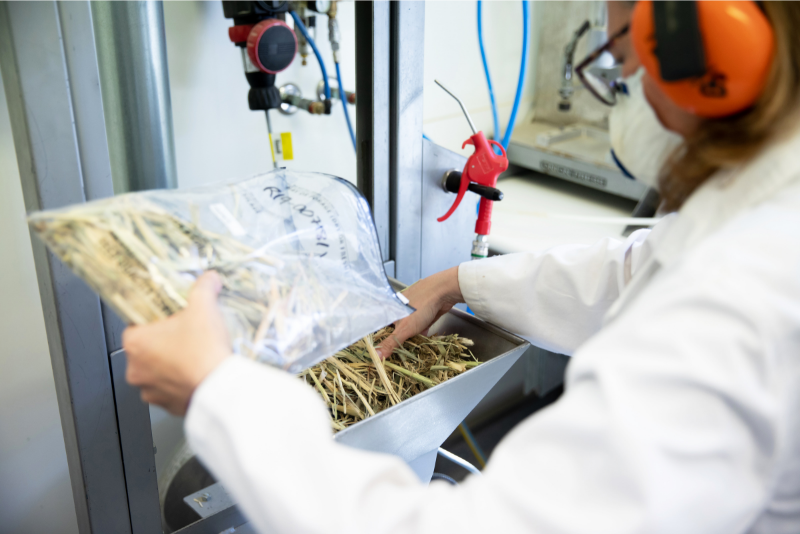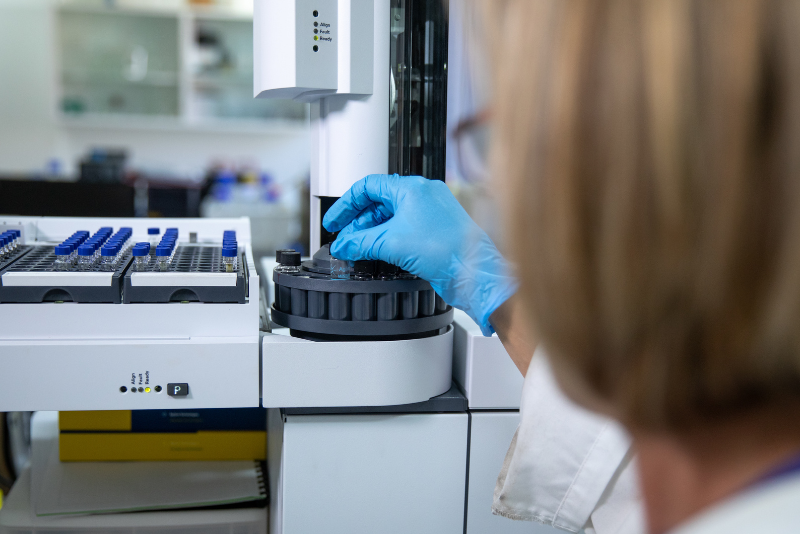
Soil health
Enhance the yield, quality and profitability of pastures and crops by unearthing the health of soil.
In our industry leading laboratory, our world-class scientists employ accredited testing techniques, systems and technologies to deliver independent, quality assured data. Determining the characteristics of your soil such as pH levels, salinity, organic carbon content, or the presence of nitrogen, chloride and sulfate, will provide a foundation for sustainable agriculture, improved plant health and increased productivity.
Why should I test my soil?
Before you add anything to soils you need to have a reasonable understanding of their current condition and what they contain. Soil testing provides you with a snapshot of nutrients and compounds at a given point in time, which can then help you:
- Decide what may be required to improve soil health.
- Choose appropriate inputs for your soil profile.
- Save money by only purchasing what you need.
- Analyse the demand your practices place on soils over time, with multiple tests.
When and how often should I have my soil tested?
There are a wide range of reasons to test your soil including:
- If you sell produce off the farm (including milk), you need to test soil annually because crop removal rapidly depletes soil of nutrients.
- If you graze animals you need to test every 2–3 years to ensure nutrients are in balance.
- Any major climatic events (fire, flood, drought) will have an impact of soil quality.
- Poor crop or stock performance could be an indication of poor soil health and should be investigated.
To find out how you can get your soil tested and what tests you should choose visit the Soil Health Tests and Pricing page.
Remove the guesswork, discover below how our soil health testing can assist you to enhance the productive performance of your natural resources.







